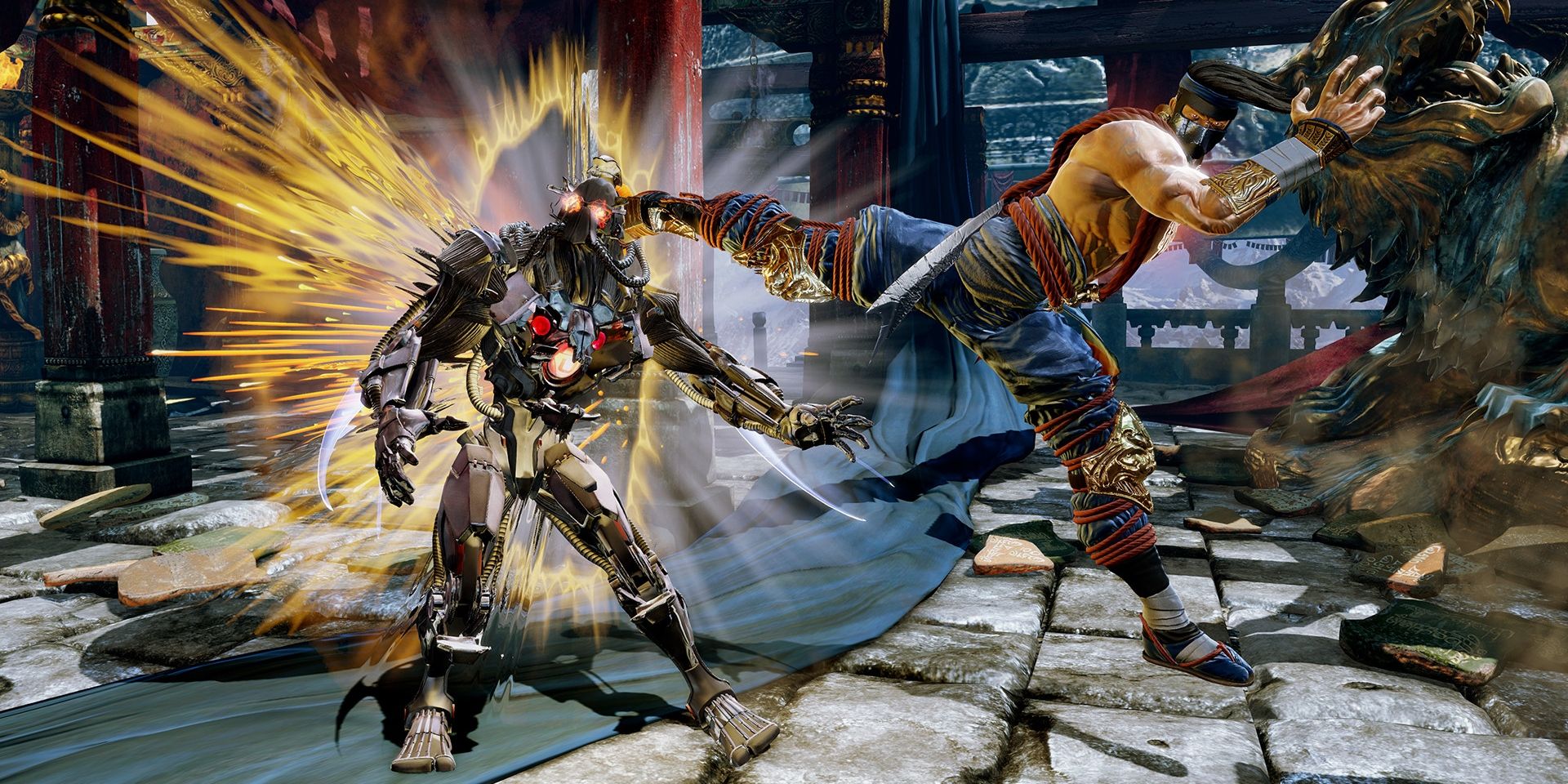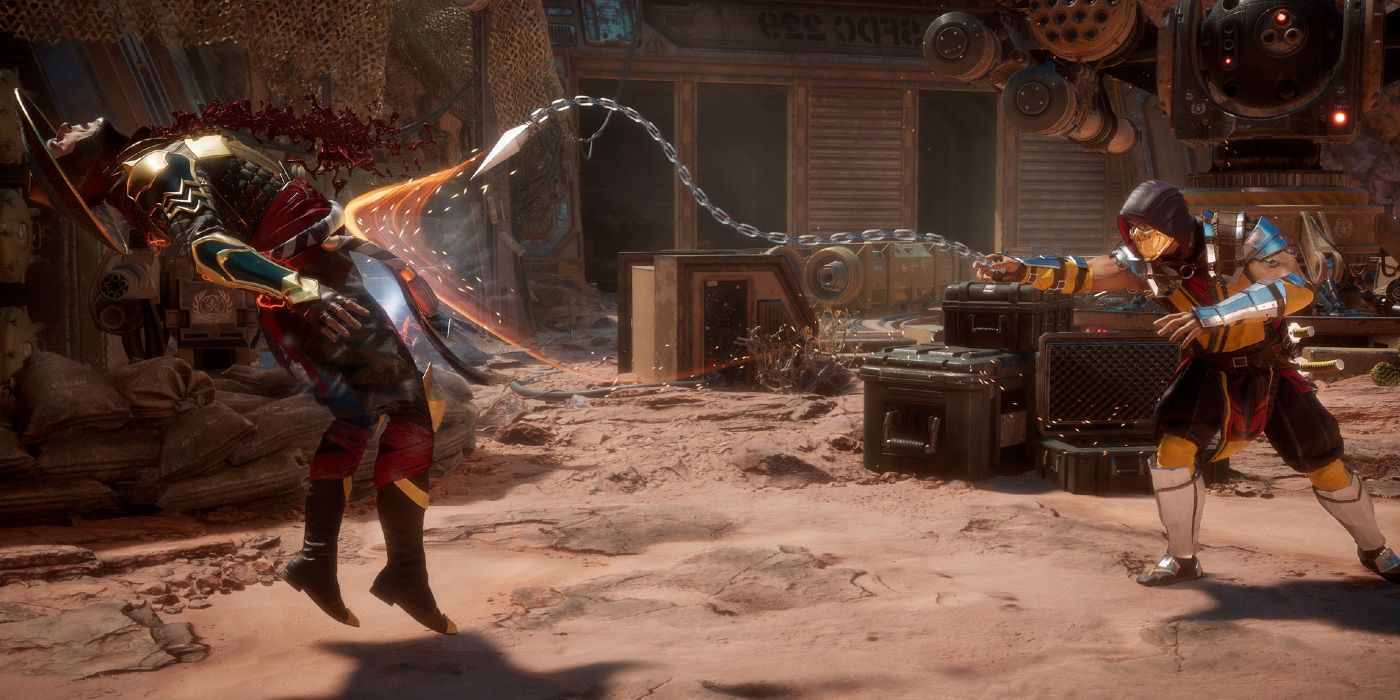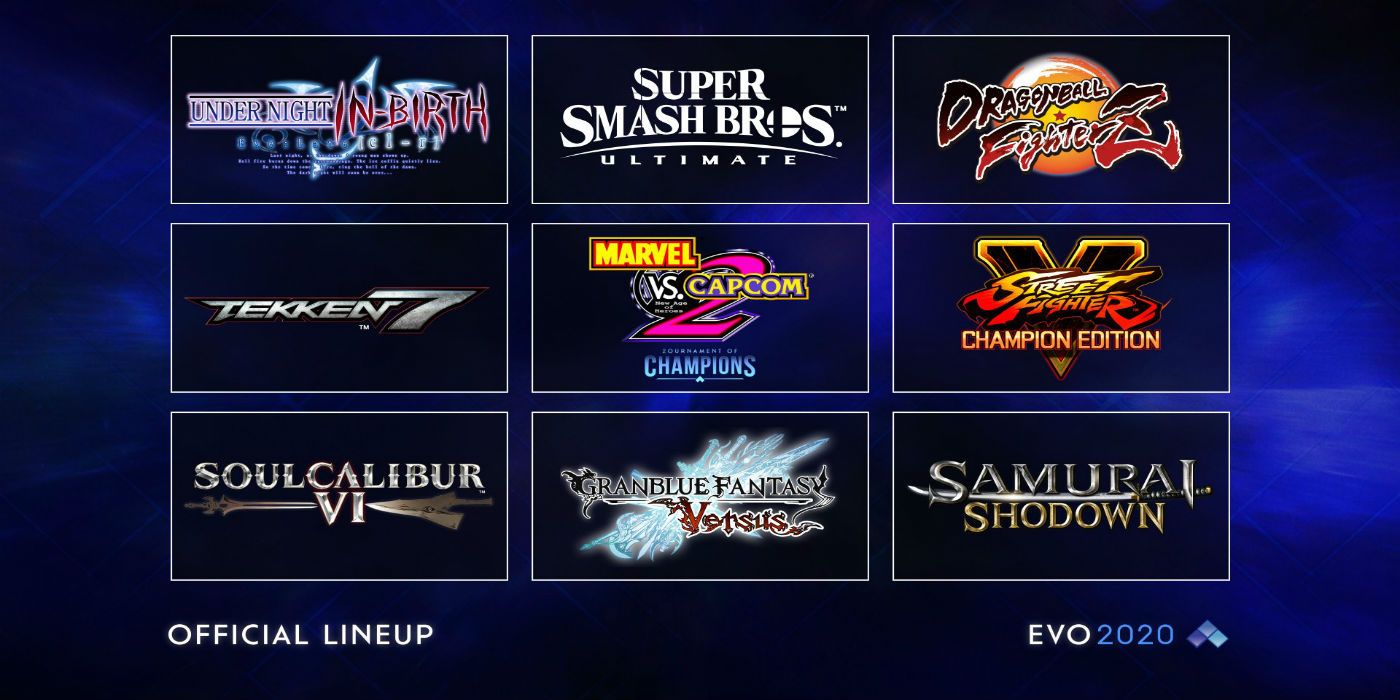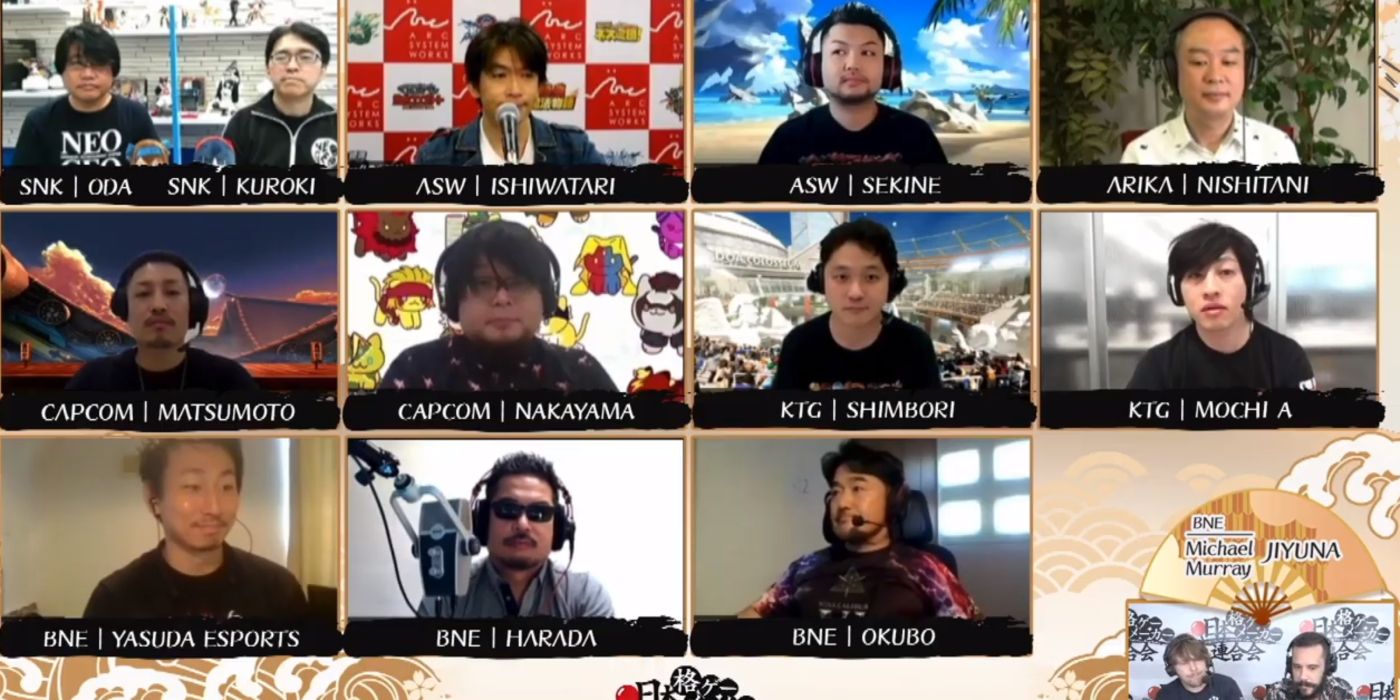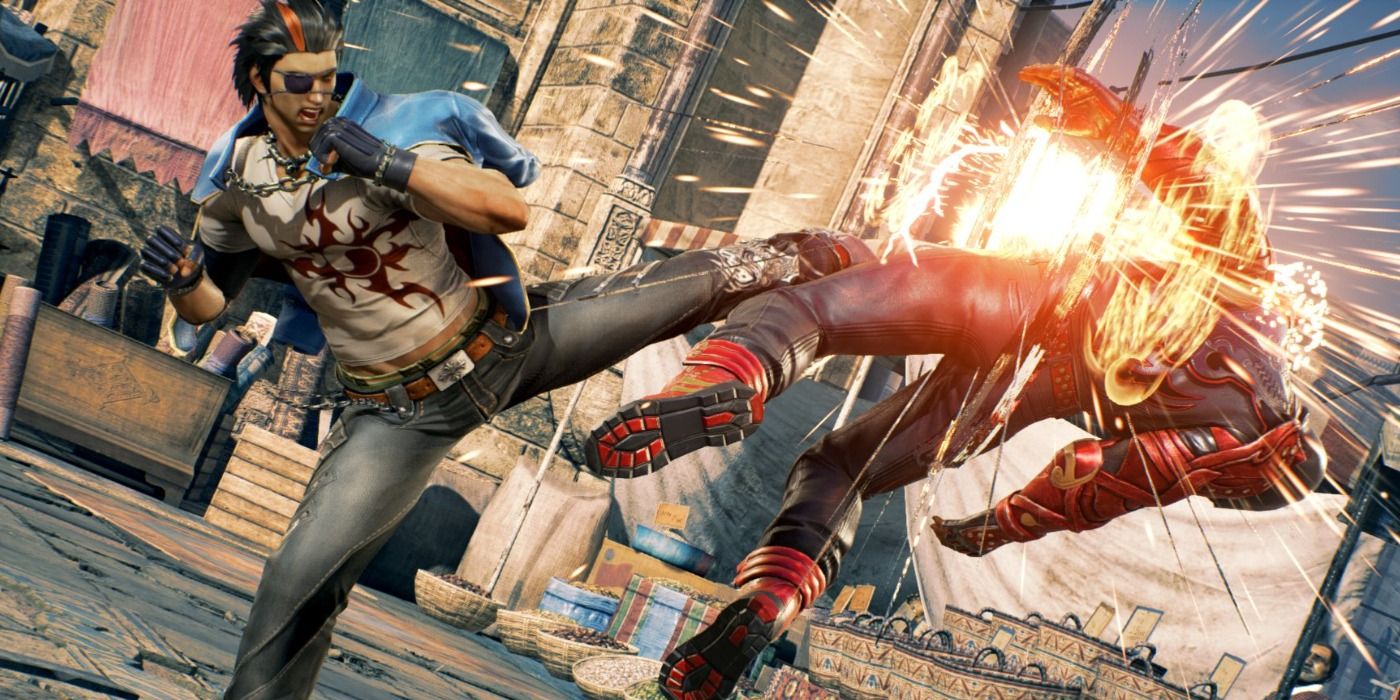While fighting games have remained somewhat of a niche market, titles such as Street Fighter, Tekken, and Mortal Kombat have managed to penetrate into the mainstream consciousness as some of the most widely recognized games in the world. The growth of fighting games as a genre can be attributed to the work of its community, helping to grow these games into the spectator sports that they've become in conjunction with the growth of Esports in the general world of video gaming today. However, with the current global pandemic, adjustments had to be made.
Fighting games have their roots grounded in the local scene, with PvP tournaments being held shoulder-to-shoulder with another player, a callback to the genre's beginnings in arcades. As time has marched on, fighting games have grown to adopt online play as an alternative, but never as a substitute, with tournaments still requiring players to travel across the world to participate in-person due to the instability of online matches and the lag introduced therein.
With players not able to travel thanks to worldwide outbreaks of COVID-19, the fighting game community refused to slow down, but it was not without hurdles. Here is how some of those players are coping with the problems caused by COVID in their own words, and what it means for all fighting game fans moving forward.
The Effect of The Coronavirus Pandemic
As COVID-19 swept the globe, restrictions were put into place in various countries, limiting travel completely in many instances and eradicating an entire subculture of the Fighting Game Community. Jake "PNDMustard" Neal, broadcaster, host, and commentator for Mortal Kombat 11 alongside his twin brother Ryan (PNDKetchup), spoke on how the MK Kommunity was hit when compared to the rest of the FGC. He stated, "MK definitely had the same drawbacks as the rest of the FGC in regards to offline tournaments being cancelled due to the COVID situation, which was a big morale hit to the community as, for many players, the experience of competing offline in large venues surrounded by like-minded players is a huge reason to even compete in the first place."
Jumaani "Maestro" Haskins, a cultural anthropologist and Esports researcher, when asked about its affect on his play, said, "Like many others, COVID-19’s affected my play significantly due to the fact that offline locals aren’t happening. I’ve definitely been playing less with the absence of offline events, both in regards to frequency of play and variety of games played." With less locals, there was less incentive for players to continue to ply their craft at their favorite games. Before long, resources would be making themselves available in light of this need to fill a void.
As players were adjusting to the inability to travel to their chosen events, the popular fighting game emulator Fightcade was beginning to see new life, receiving an overhaul to its rollback netcode, lobby systems, and reworking its back-end completely to provide smoother play of retro fighting game titles. Asked about if there have been an influx of new players, Kendra "Xanoz" Horton, a long-time Darkstalkers 3 tournament organizer and competitor, mentioned that there were plenty of new players, indicating that when they would enter Fightcade, they would be challenged to a game almost immediately by a player they had never seen before.
The Shift To Online-Only Tournaments
Haskins added, "With the overall user and gameplay experiences being greatly improved through these updates, Fightcade is a viable option. I think the timing corresponded to filling a niche, but I’m thankful for these updates coming when they did". With online play becoming the primary solution to a newfound problem, companies started to make moves of their own, shifting their tournaments to an online-only space. This would allow events such as the Capcom Pro Tour to continue. Evo, the biggest yearly fighting game tournament, would also shift to online only, changing their lineup completely from the original nine titles and focusing on four specific titles known for their impressive rollback netcode: Them's Fightin' Herds, Skullgirls, Killer Instinct, and Mortal Kombat 11.
With the shift to an online-only Evo, it required a change of lineup due to the issues prevalent in the netcodes of the previous nine titles, with players having complaints in one fashion or another regarding the game. The most egregious of these were Samurai Shodown and Super Smash Bros. Ultimate. Samurai Shodown has been routinely shunned by players as having among the worst netcode of the modern generation, and with the inability to travel due to COVID-19 restrictions, more and more players have dropped the title, feeling there is no incentive to play as locals are no longer an option. As for Super Smash Bros. Ultimate, the game's poor netcode performance has been cited as the reason for it being the only game cut from the lineup completely, with the other games receiving exhibition slots.
When asked about the shift to an online-only Evo and the roster shakeup, Neal said, "I think Evo moving online was an overall wake up call to many fighting game developers to upgrade their online experiences. [...] When unexpected things happen and suddenly the community is left with only online play, it really exposes how lackluster some of the online experiences can be and, in this case, what negative effects it can have on a game overall competitively". With games like MK11 and Killer Instinct being thrown into the spotlight yet again with Them's Fightin' Herds receiving main stage treatment as a result, Evo would've been a grand showcase of what solid netcode could do for the life of a fighting game. However, it was not meant to be.
The Hurdles Faced by the FGC
Due to outside circumstances involving its now-former CEO, Evo Online would be cancelled, and the FGC would be left, once again, without one of their annual traditions. The cancelling of Combo Breaker earlier in the year still fresh in the minds of players, Evo Online's cancellation was another hit to the morale of gamers looking to compete in their favorite titles. Commenting on the cancellation of Combo Breaker, Neal said, "Scale wise, it's one of the biggest events of the year globally. It's close to Chicago which is where NetherRealm Studios have always been located, so they always show the NRS scene a lot of respect and typically results in it being the best tournament of the year for the NRS scene. Developers show up to support and overall it's a great time. As it was the first major event impacted by COVID, it really hurt the FGC as a whole and especially the NRS crowd as it was still early in the COVID situation, so none of us were sure as to what would end up happening, so to see it cancelled, while completely understandable, was still a huge downer".
The cancellation of Combo Breaker followed by Evo 2020's cancellation weren't the only signs of trouble. As Capcom shifted Street Fighter 5 to its online-only Capcom Pro Tour, the flaws of the game's netcode were now put into the spotlight. While a patch was issued Street Fighter 5 to fix the netcode prior to the Pro Tour, the update has met with mixed results from the players and the community at large. It became clear that Street Fighter 5's particular brand of netcode was not up to the task as lag permeated through the event, with players forfeiting due to playing in the laggy conditions. Haskins noted that while this sort of subpar online play isn't new to players in the FGC, this is the first time people are seeing the extent of how bad it is, and with online being the only option, it cannot be overlooked as it was before.
Evidence would suggest that all of this should encourage more fighting games to focus on their online play as players look to make up for the lack of locals through their chosen game's network. If the netcode proves inadequate, players have no reason to continue playing the game, as shown with Samurai Shodown, while older or lesser-known games such as Fighting EX Layer receive a second life in light of current events. However, in a special Japan Fighting Game Publishers Roundtable, the topic of netcode seemed to be dismissed, with not much time devoted to netcode aside from the difficulty and expense of properly implementing rollback netcode.
Due to the manner in which netcode was so briefly touched upon at the Roundtable, some players do believe that nothing will change in the future. "Companies will want to invest since the manpower will be larger if there's no pandemic," Horton mentioned. "People seeing how bad the online experience is, even though Fightcade 2 is great, won't choose that over offline". The Roundtable discussion seemed to point in this direction, with the Japanese developers, for the most part, seemingly dismissing the need to improve netcode. Even with that made apparent, other developers and programmers have taken the flag to run with it.
How Developers Can (And Have) Supported The FGC
As COVID-19 continues to keep fighting game players from meeting at local venues to compete, games with better netcodes are being prioritized over modern games with poorer netcode quality. More players flock to the newly-updated Fightcade 2 client, opting to play others through the emulation software. Super Smash Bros. Melee has seen a resurgence through Slippi.gg, a new application that implements online matchmaking and rollback netcode into the classic GameCube title, giving it a new life in light of SSBU's shortcomings with online play. While a game like Virtua Fighter 5: Final Showdown uses traditional, delay-based netcode, the quality of the netcode has allowed the VF Community to gather online, an influx of new, old, and returning players filling the lineup for weekly games.
NetherRealm Studios has been at the forefront of netcode technology since their update to Mortal Kombat X, switching the delay-based netcode for a much-improved rollback netcode. The netcode for Killer Instinct continues to impress seven years after release, and games like Them's Fightin' Herds, Skullgirls, and even the Japanese-developed Fighting EX Layer have all shown the effect of stable netcode on the longevity of their titles, with four of those five becoming potential Evo headliners after having not been invited at all. Then, there is the growth of the retro scene as Fightcade 2, Slippi.gg for Melee, and games like VF5:FS flourish due to their ease of use and netcode.
Evo's shift to online-only and the subsequent lineup swap showed that the need for better netcode was no longer a luxury but a necessity. While a global pandemic isn't something developers should prepare for on a yearly basis, as more games release with subpar netcode, players can point to a time when the only option to play with their friends was through online play as a reason why developers should focus their resources more on stabilizing their network infrastructure and invest in properly functioning rollback netcode. As more games with subpar netcode get abandoned, players will always favor games with improved netcode regardless of their age or the means to play them.
As more players migrate to these alternatives, it showcases a need for this alternative to be given the same amount of care as the rest of the games. Players have shown willingness to abandon newer titles for the sake of older ones in the wake of the inability to play games locally if the netcode proves to be subpar, with tournaments and events being built around the use of these resources to keep their communities thriving. As the pandemic continues, the FGC finds ways to play on through the means available to them, resurrecting older titles while inviting new players to the retro scene. Even if developers refuse to put the investment into better online resources and netcode, the players in the FGC have shown how they can recover from their stunned state and fight on.
Thanks to Kendra "Xanoz" Horton, Jumaani "Maestro" Haskins, and Jake "PNDMustard" Neal, as well as everyone in the fighting game community, for their input and statements used in this article.

